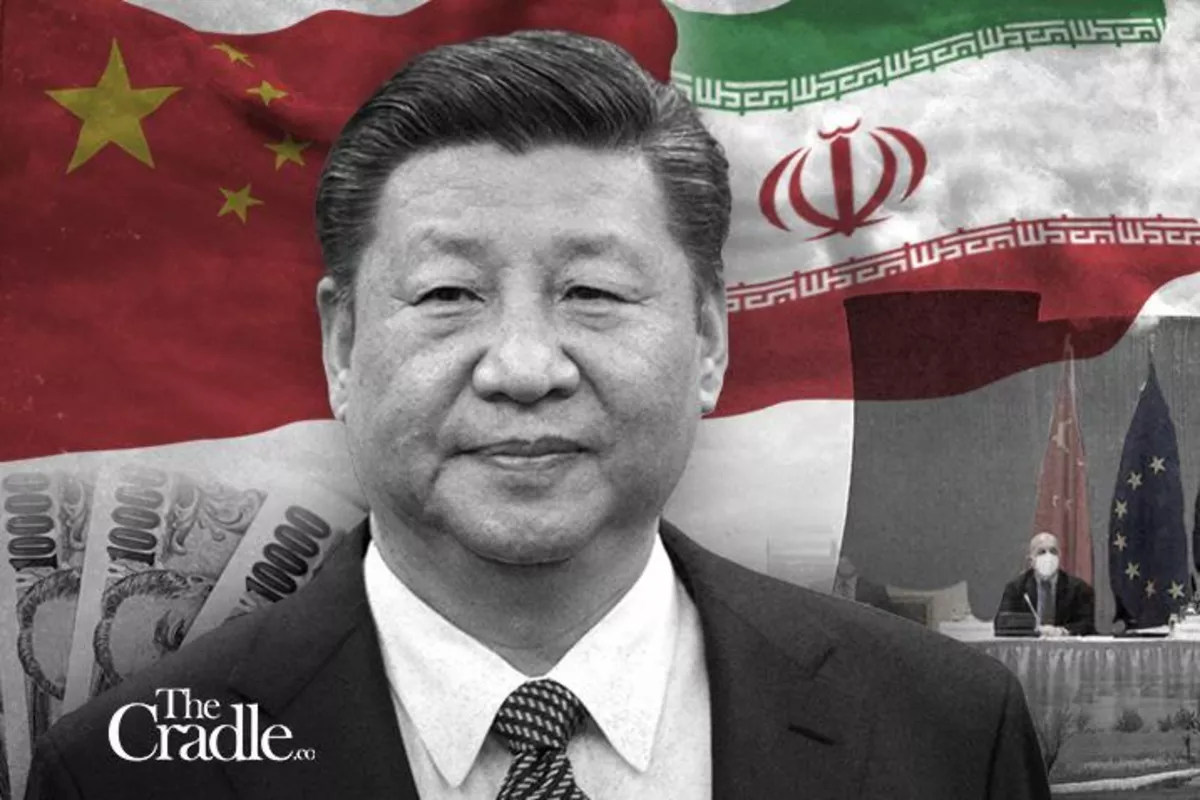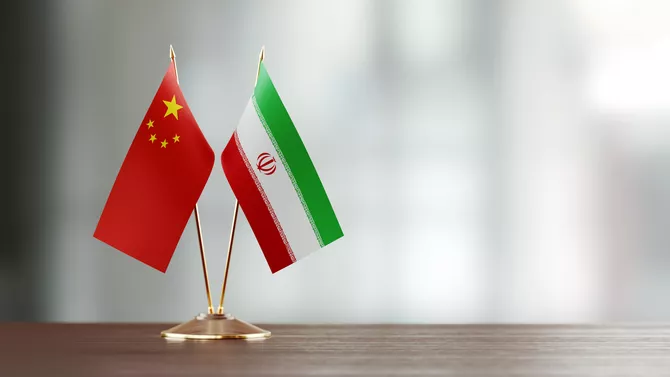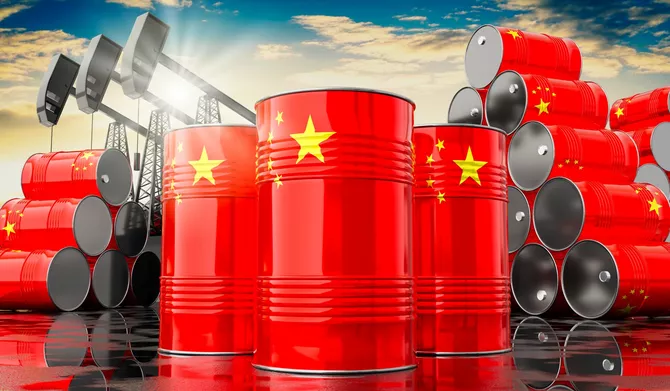
Photo credit: TheCradle.co
The British newspaper The Telegraph caused a stir by reporting that at least three Chinese cargo planes recently took off and disappeared from radar as they approached Iranian airspace. Experts say the nature of the cargo "raises serious questions" given Israel’s ongoing military operation.
The flights were operated by Boeing 747 cargo aircraft - typically used to transport military equipment and weapons. The first plane departed on June 14, the day after the conflict began, with the others following over the next two days. According to The Telegraph, the planes flew westward along northern China, crossed Kazakhstan, then headed south through Uzbekistan and Turkmenistan before vanishing from radar as they neared Iran. Each flight was officially logged as bound for Luxembourg, though the aircraft apparently never approached European airspace.

Credit: Getty Images/iStockphoto
These "mysterious" flights have sparked concern in the West. Analysts believe China is determined to prevent the collapse of its strategic partner. If Iran were to fall, the resulting upheaval in the Middle East could harm Beijing’s economic interests. While China is not driven by political motivations in the region, its economic and energy stakes are significant - and increasingly demand action.
The main criticism of China in Western media focuses on its strategic partnership with Tehran and their shared opposition to U.S. policy. Both countries reject American global hegemony and support a multipolar world order. China’s global influence is vast, and the fact that Iran leans on Beijing for support is a growing source of anxiety in Western capitals.
What China needs from Iran is simple: energy. Iran supplies China with about 2 million barrels of oil per day. Beijing does not recognize U.S. sanctions on Iran and purchases nearly 90% of Tehran’s oil exports. In March of this year, anticipating a new wave of sanctions, China ramped up imports - reportedly leading to a surplus of Iranian oil on the Chinese market. As a result, Iranian crude accounted for 13% of China’s total oil imports.

Photo credit: energyintel.com
From a political standpoint, China is largely indifferent to who governs Iran, its regional rivalries, or Tehran’s ideological posture. Beijing’s primary concern is maintaining regional stability - a prerequisite for executing its Belt and Road projects and securing energy supplies. The shared goal of pushing back against U.S. influence further solidifies the bond between Beijing and Tehran. In the West, this alliance is increasingly described as a joint effort to undermine the U.S.-led global order.
For Iran, the partnership is about far more than oil. Tehran needs Chinese technology, materials, and participation in infrastructure and defense projects. According to media reports, materials supplied by China have been used in Iran’s ballistic missile program. The Washington Post recently revealed that Iran had ordered "thousands of tons" of components from China as recently as June.
Iran also seeks political cover from Beijing. Isolated diplomatically and short on reliable partners, Tehran sees its alliance with China as a form of insurance. While China could not prevent Israel’s attacks, it still offers Iran a degree of reassurance - even the possibility of future military aid. For Washington, drawing Beijing into an open military confrontation would be a gift - one China is unlikely to give. Though officially remaining on the sidelines, Beijing’s subtle actions are enough to keep Israel’s allies nervous, particularly as they monitor radar screens for vanished planes.
Israel, for its part, remains calm. Israeli experts believe the likelihood of China supplying Iran with military hardware is low. Beijing is not expected to risk the fragile diplomatic progress recently made with the United States.
From the beginning of the war, China has strongly condemned Israel’s operation against Iran and expressed concern over its potential consequences. During a recent press briefing, Chinese Foreign Ministry spokesperson Lin Jian stated, “China opposes any infringement on the sovereignty, security, and territorial integrity of Iran, as well as actions that escalate tensions or expand the conflict. The sudden resurgence of regional instability is in no one’s interest,” according to CNN.
At an emergency session of the UN Security Council, China’s representative reiterated that “no one needs another fire in the Middle East.”
And there is no doubt that China most certainly doesn’t.
By Tural Heybatov
Share on social media